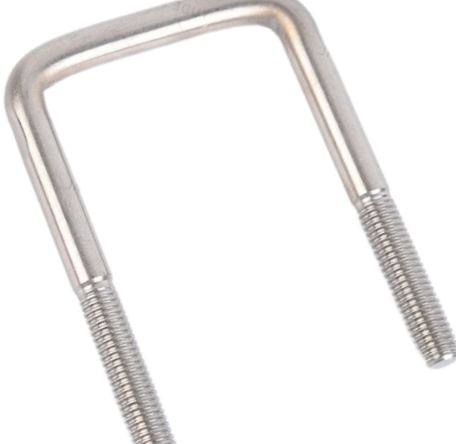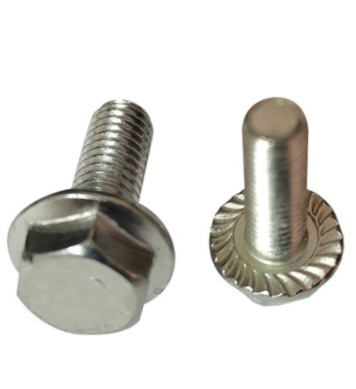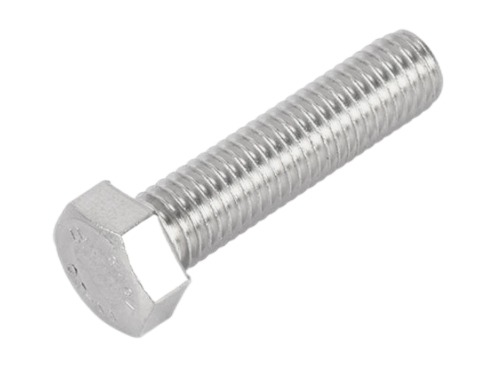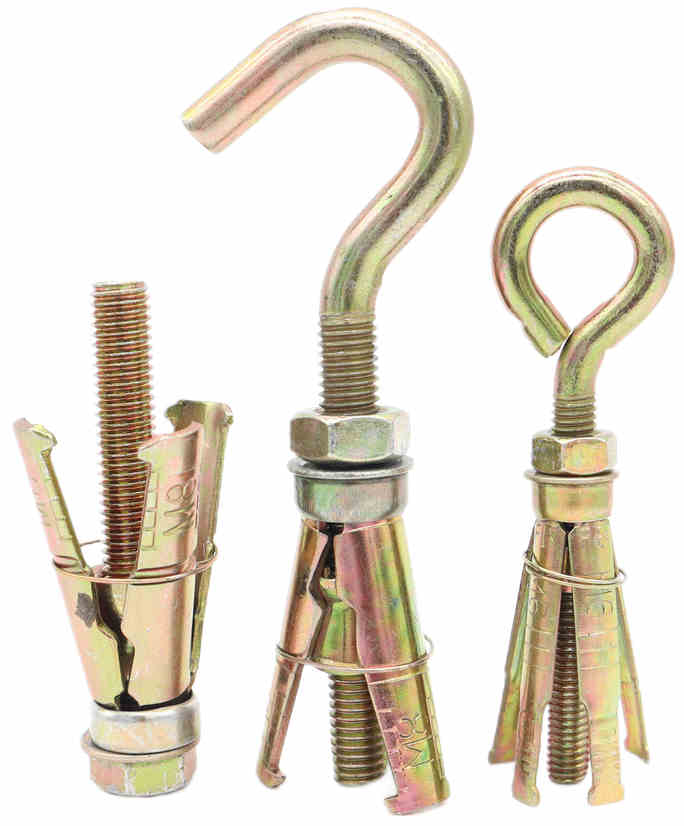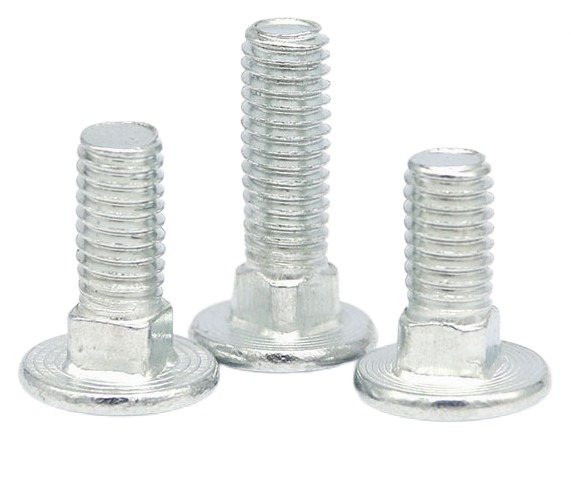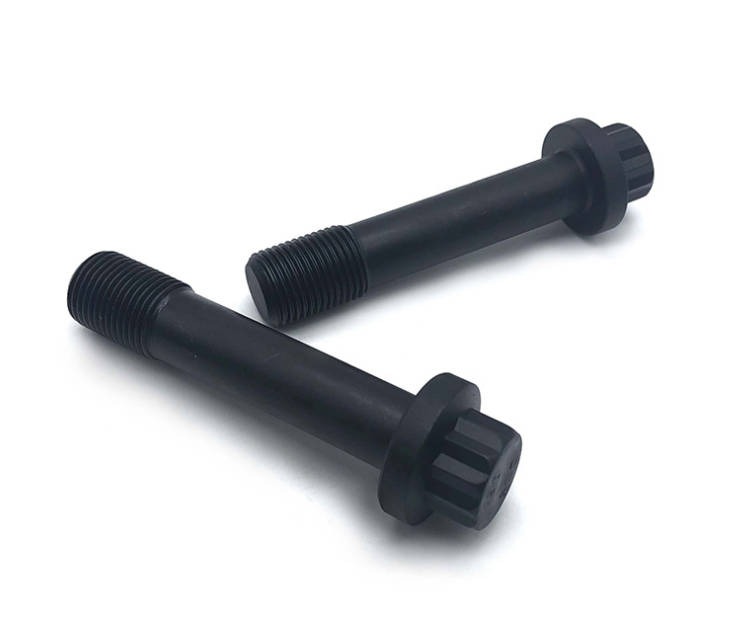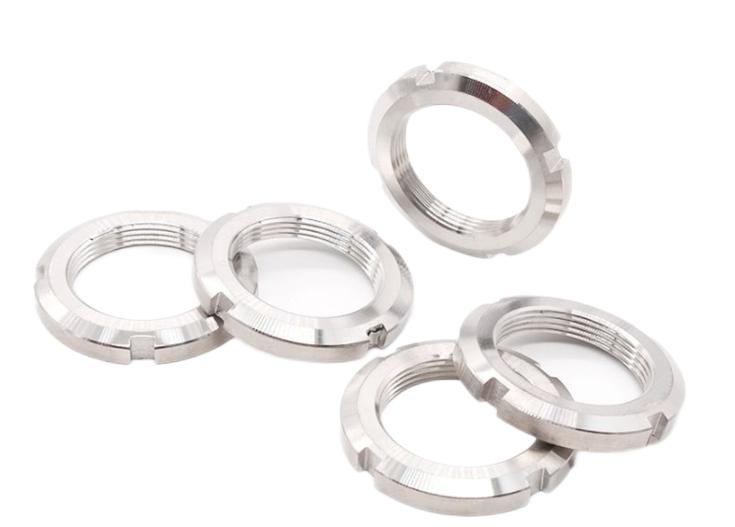Carbon Steel Vs Stainless Steel, Which Material is Better for Fasteners?
When we source fasteners, the choice of material is critical. We usually choose according to our actual needs and usage environment. Stainless steel and carbon steel are two very common fastener materials. Below we will introduce the conditions under which these two materials should be selected.
First of All, What is the Difference Between the Composition of Stainless Steel and Carbon Steel?
Composition of Stainless Steel:
The elements contained in stainless steel are C, Cr, Ni, Ti, Mn, N, Nb, Mo, Si, Cu, and other elements. The corrosion resistance of stainless steel decreases with the increase in carbon content. Therefore, the carbon content of most stainless steels is low, the maximum does not exceed 1.2%, and the carbon content of some steels is even lower than 0.03%.
The main alloying element in stainless steel is Cr, and only when the Cr content reaches a certain value, the steel has corrosion resistance. Therefore, stainless steel generally has a Cr (chromium) content of at least 10.5%. In addition, stainless steel also contains Ni, Ti, Mn, N, Nb, Mo, Si, Cu, and other elements.

Composition of carbon steel:
Carbon steel is an iron-carbon alloy with a carbon content of 0.0218%-2.11%. Also called carbon steel. Generally also contain a small amount of silicon, manganese, sulfur, and phosphorus. Generally, the higher the carbon content in carbon steel, the greater the hardness and the higher the strength, but the lower the plasticity.

Note: The difference between strength and hardness:
1. Different definitions of concepts:
- Strength refers to the ability of a part to resist fracture or residual deformation beyond the allowable limit after being loaded.
- The hardness of a material refers to the ability of the material to locally resist the pressing of hard objects into its surface.
2. Different research objects:
- Strength studies the distribution of internal forces in a structure, including organizational structure, how the structure deforms and fails under load, etc.
- Material hardness studies the change of materials under the action of external force.
The Main Differences Between Stainless Steel and Carbon Steel Are As Follows:
1. Color
The color is black for carbon steel and silver for stainless steel.
2. Corrosion resistance
Stainless steel is more corrosion-resistant than carbon steel. In addition to iron, stainless steel also adds chromium, which can effectively increase the corrosion resistance of the material, so the corrosion resistance of stainless steel is stronger.
3. Ductility
Stainless steel is more ductile than carbon steel. Both carbon steel and stainless steel have certain ductility, but stainless steel contains a large amount of nickel, which can effectively improve the ductility of the product, so the ductility of stainless steel is better than that of carbon steel.
4. Cost
Stainless steel is more valuable and costs more than carbon steel.
5. Strength
Stainless steel has low carbon content, is not easy to rust, and has good toughness. But the specific hardness depends on the grade. Carbon steel has a large carbon content, so it is hard, but it is easy to rust. Generally speaking, if the hardness is high, it is brittle and easy to break; if the hardness is low, it has good toughness and is not easy to break.
6. Density
The density of carbon steel is slightly higher than that of ferritic and martensitic stainless steels, and slightly lower than that of austenitic stainless steels.
7. Resistivity
Resistivity is in ascending order of carbon steel, ferritic, martensitic, and austenitic stainless steels.
8. Magnetic
Carbon steel, ferritic and martensitic stainless steels are magnetic, and austenitic stainless steels are nonmagnetic.
9. Applications
Carbon steel is mostly used in springs, low-speed wheels, etc. Stainless steel is more widely used in anti-theft nets and kitchen utensils.
This article introduces the difference between carbon steel and stainless steel. Generally speaking, stainless steel fasteners have better performance. However, it still needs to be selected according to the specific usage scenario. KENENG can produce fasteners made of stainless steel, carbon steel, alloy steel, copper, aluminum, plastic, etc. If you don’t know how to choose, you can contact KENENG. Our products are of high quality and price, with excellent cost performance.


